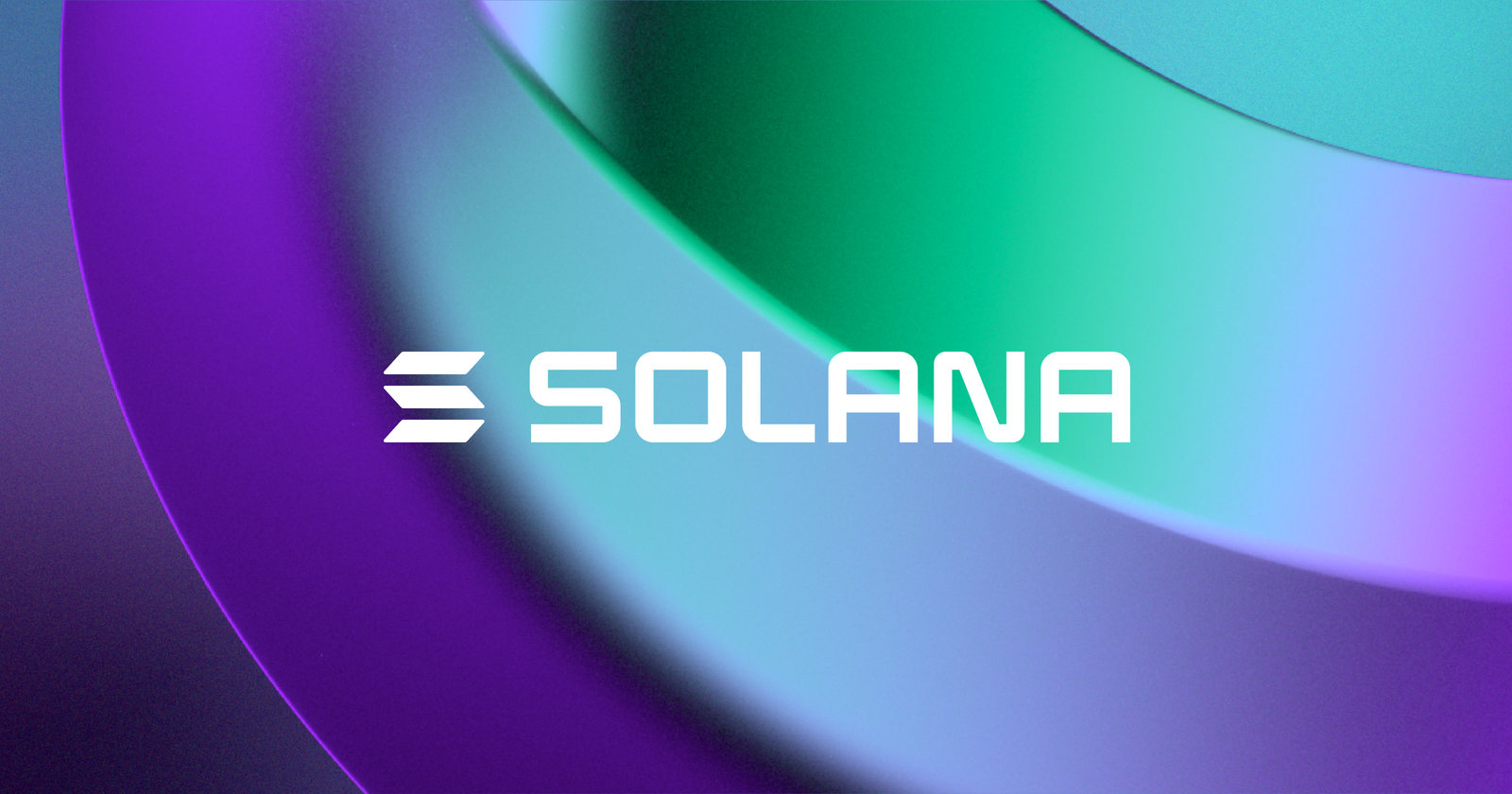Solana-based DeFi platform Kamino faced significant backlash from its community over the distribution method of its KMNO token airdrop. The innovative approach aimed at decentralizing finance within the Solana ecosystem sparked a discussion on fairness, incentivization, and the future direction of blockchain governance.
Key Highlights:
- Kamino planned to distribute KMNO tokens based on platform activity, granting governance rights over its operations.
- A snapshot of eligible users was set for March 31, with distribution relying on accumulated points within the platform.
- The decision to linearly distribute tokens based on “Season 1” points was met with mixed reactions from the community.
- Some community members criticized the approach for not valuing early adopters, leading to debates on the platform’s Discord and Telegram channels.
- In response to the backlash, adjustments were made to address community concerns, focusing on liquidity and usability over short-term incentives.
Introduction to KMNO Airdrop
Kamino, a Solana-based DeFi protocol, announced its intention to launch its native governance token, KMNO, with an airdrop scheduled for April. The initiative aimed to reward users based on their activity on the platform and grant them governance rights over Kamino’s operations, including control over incentive programs, revenue allocation, and voting on protocol operations.
Community Reaction and Kamino’s Response
The announcement, however, led to significant discontent among the community. Concerns were raised about the fairness of the token distribution strategy, particularly regarding the treatment of early adopters versus new users. Some community members expressed dissatisfaction with the linear distribution model, arguing that it did not adequately reward those who had supported the project from its inception. Discussions in Kamino’s official Discord and Telegram channels highlighted these concerns, with users questioning the decision to announce future snapshot dates, fearing it would benefit token farmers and dumpers at the expense of genuine supporters.
In light of the feedback, Kamino engaged with its community to address these concerns. The team emphasized their goal of optimizing for liquidity and usability rather than providing one-off incentives. The discussion around these issues illustrates the complex balance DeFi platforms must strike between encouraging new participation and rewarding long-term loyalty.
The Dynamics of DeFi Governance
Decentralized finance is built on the principle of eliminating central authorities, instead distributing control and decision-making power among its users. Governance tokens, like KMNO, play a crucial role in this system by allowing token holders to vote on key decisions affecting the protocol’s direction, such as updates, token distribution strategies, and allocation of funds. The debate over KMNO’s airdrop strategy underscores the complexities of implementing a governance model that balances fairness, incentivization, and long-term sustainability.
Community Engagement and Token Distribution
The controversy surrounding Kamino’s token distribution highlights a common challenge within the DeFi space: engaging the community in a manner that is perceived as fair and equitable. In Kamino’s case, the decision to distribute tokens linearly based on platform activity was met with criticism from early adopters, who felt undervalued. This situation illustrates the delicate balance DeFi projects must maintain between attracting new users and rewarding those who have contributed to the platform’s growth from the beginning. Effective communication and transparent decision-making processes are essential for maintaining trust and fostering a sense of community among stakeholders.
The Importance of Governance in DeFi
The KMNO token airdrop highlights the evolving nature of governance in decentralized finance. By allocating governance tokens, DeFi projects like Kamino are navigating the transition towards more decentralized and community-driven models of operation. This incident underscores the challenges DeFi projects face in engaging their communities, setting fair policies, and adapting to feedback, all while striving to innovate and grow within the fast-paced blockchain ecosystem.































